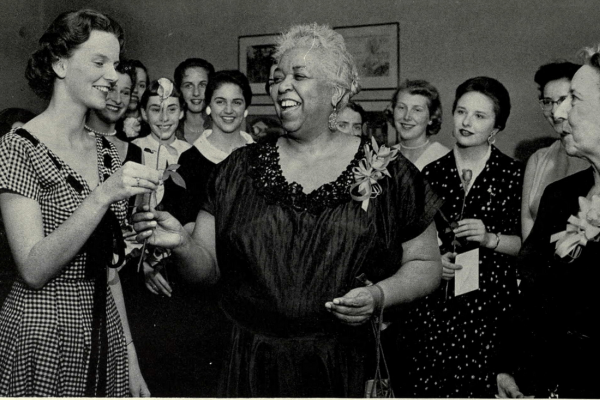Jun 11, 2019
Whatever faults Black Protestantism has had, its grand strength is in its exercise of democratic debate internal to black Americans about the meaning of the good life and who gets a say in the shaping of that life, including perspectives from other faiths.
Read the Full Article

Already a subscriber? Login
